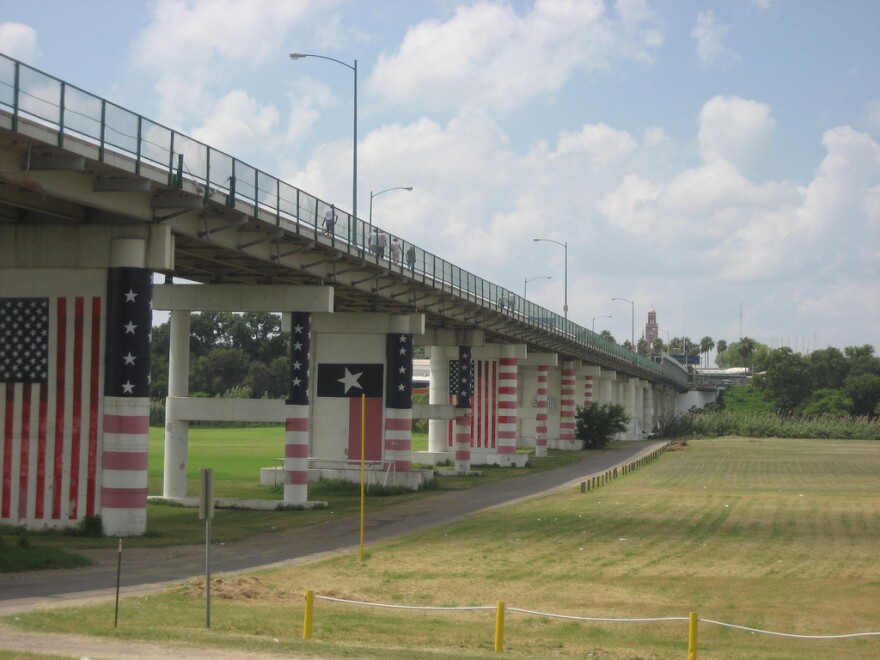The Trump administration last weekend publicly released a draft of new rules for people hoping to immigrate legally in the U.S. Overall, the changes would disproportionally affect mixed-status families with low incomes in Texas.
Advocates have been concerned for months about leaked drafts of a White House proposal that would change the criteria federal officials use to judge green card applicants. Officials are changing what qualifies as a "public charge," that is, whether applicants would be completely dependent on the government if they were granted legal status.
A public charge currently applies mostly to people who need to be in a hospital or nursing home long term. Under the draft released Saturday, however, the administration made that “public charge” test harder – especially for lower-income people.
“It’s going to be very hard for them to get their legal status at all," says Anne Dunkelberg, an associate director with the Center for Public Policy Priorities. "It's going to create new challenges there.”
The public charge would now apply if people use Medicaid or SNAP, formerly known as food stamps. Dunkelberg says the designation would also apply to people who use or potentially could use premium and cost-sharing subsidies for Medicare Part D, the drug benefit in Medicare.
Dunkelberg says looking at the potential use of government services is new.
“It’s going to be tough for anyone who is a working-class, hard-working family to prove that when they are over 64 years old, they are not going to have a low income,” she says.
The families who would be most affected by the rule changes are those with an income lower than 250 percent of the federal poverty level. That’s about $63,000 for a family of four.
“[The draft] has a big emphasis on favoring higher-income immigrants and creates some pretty big loopholes by which almost anybody who isn’t well-to-do could be considered at risk of becoming a so-called public charge in the future,” Dunkelberg says.
Previous leaked versions of these rule changes included language that held the benefits used by an applicant’s family members against the applicant. That's not included in this latest draft.
Once a final version of the proposed rules are published in the Federal Register, the government will open them to public comment for 60 days.
Copyright 2018 KUT 90.5









